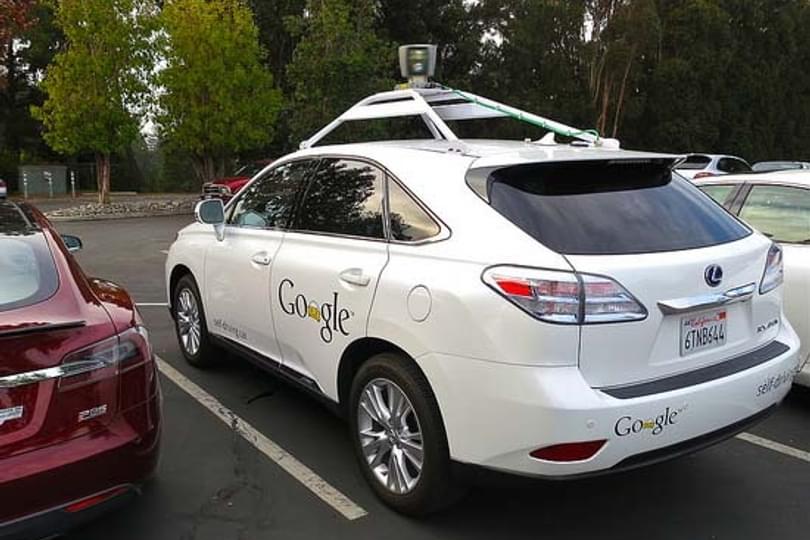
The family car as we know it could soon be a thing of the past. In the face of rapid urbanization, rising fuel costs and environmental concerns, experts are exploring new technologies in urban transportation.
Driverless cars, enhanced electric vehicles, and ‘smarter’ cars which occupy the equivalent of one fifth of a standard car space, are under development while governments create incentives for using ‘greener transportation.’
Oxford Martin School’s Dr Malcolm McCulloch joined a panel of experts on 14 May at the event ‘Hands off the wheel: Is it time to re-think urban mobility?’
The event explored emerging technologies, such as driverless cars, and how they might alter our communities, as well as discussing other new models for urban mobility. The panel considered how much we need to rethink urban design and mobility in a more creative way and whether policy mechanisms, such as the incentives around electric vehicles, are the way forward.
In a recent publication by Oxford Martin School founder Dr James Martin, Martin explores the benefits from technologies such as driverless cars, including the potential reduction of road accidents. However, he points out that such cars would benefit from purpose built road networks that would interact with the vehicles. He believes that the high costs associated with the latest technologies will quickly be reduced thanks to advances in new technology and reducing software costs.
Speaking at the Oxford Martin School, Dr Malcolm McCulloch explained that a lot of the ‘driverless’ components are already incorporated into many cars, particularly at the high end of the market. Self parking vehicles, vehicles that can identify street signs, and cars that recognise when you’re drifting out of lane or changing speed zones are all possible now. What is more uncertain is the reaction of society to such automation. “What happens when the first autonomous vehicle kills the first person?” he asks, and how does the insurance industry operate in this scenario?
The event was the last in the successful ‘Next Big Thing’ series of London-based events held in partnership with the UK think tank, Policy Exchange and Nesta, which works to promote innovation in the UK.
Speakers were:
- Susan Claris, Associate Director, Arup
- Isabel Dedring, Deputy Mayor for Transport, London
- Nathan Koren, Associate - Transport, Technology and Planning, Capita Symonds
- Dr Malcolm McCulloch, Co-Director, Institute for Carbon and Energy Reduction in Transport, Oxford Martin
- Natalie Day, Head of Policy, Oxford Martin School (Chair)
Further links
- Read Dr James Martin’s publication on ‘Self-driving cars’
- Video: Watch Malcolm McCulloch answer the question: ‘When will driverless vehicles become a reality?’
- Read an Economist article on self driving cars
- Read a Sunday Times article on rule changes for driverless cars
Photo: Driving Google Self-Driving Car; Steve Jurvetson derivative work: Mariordo via Wikimedia Commons